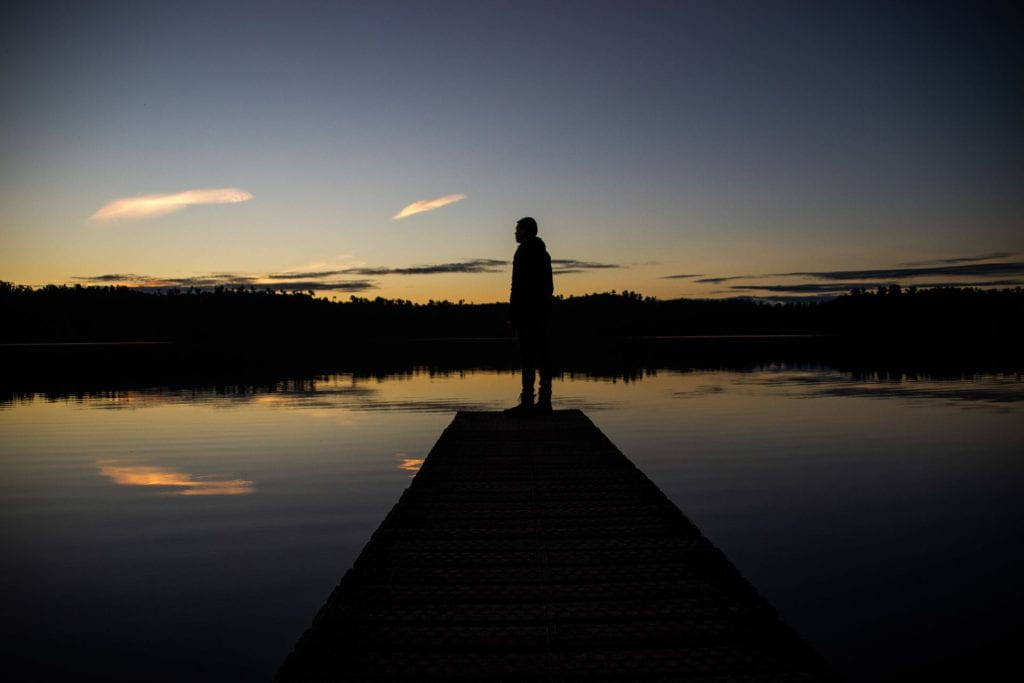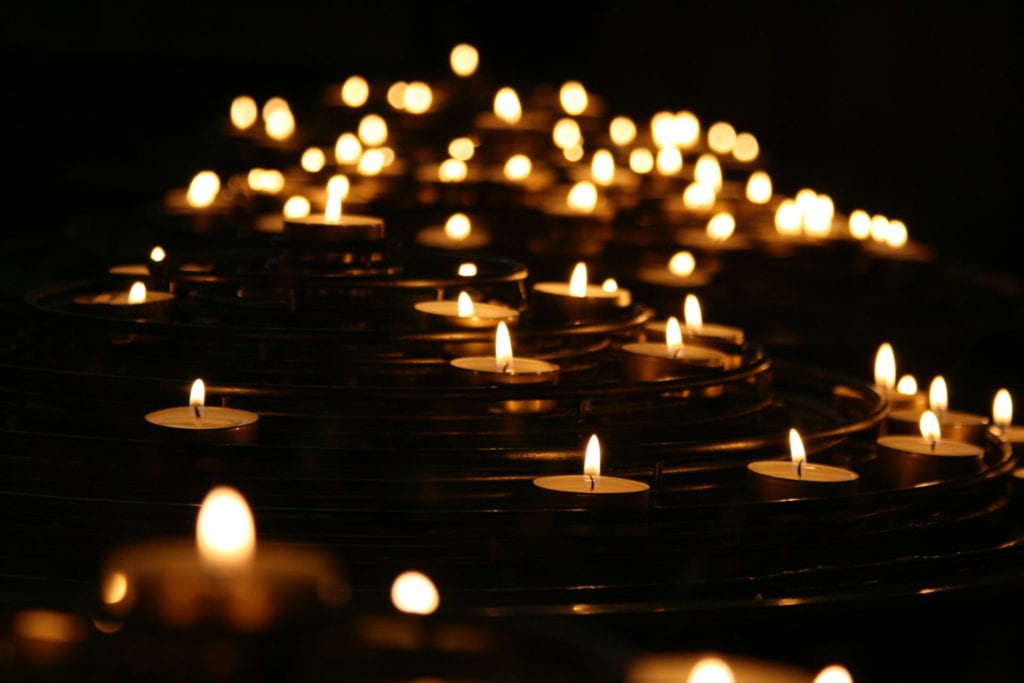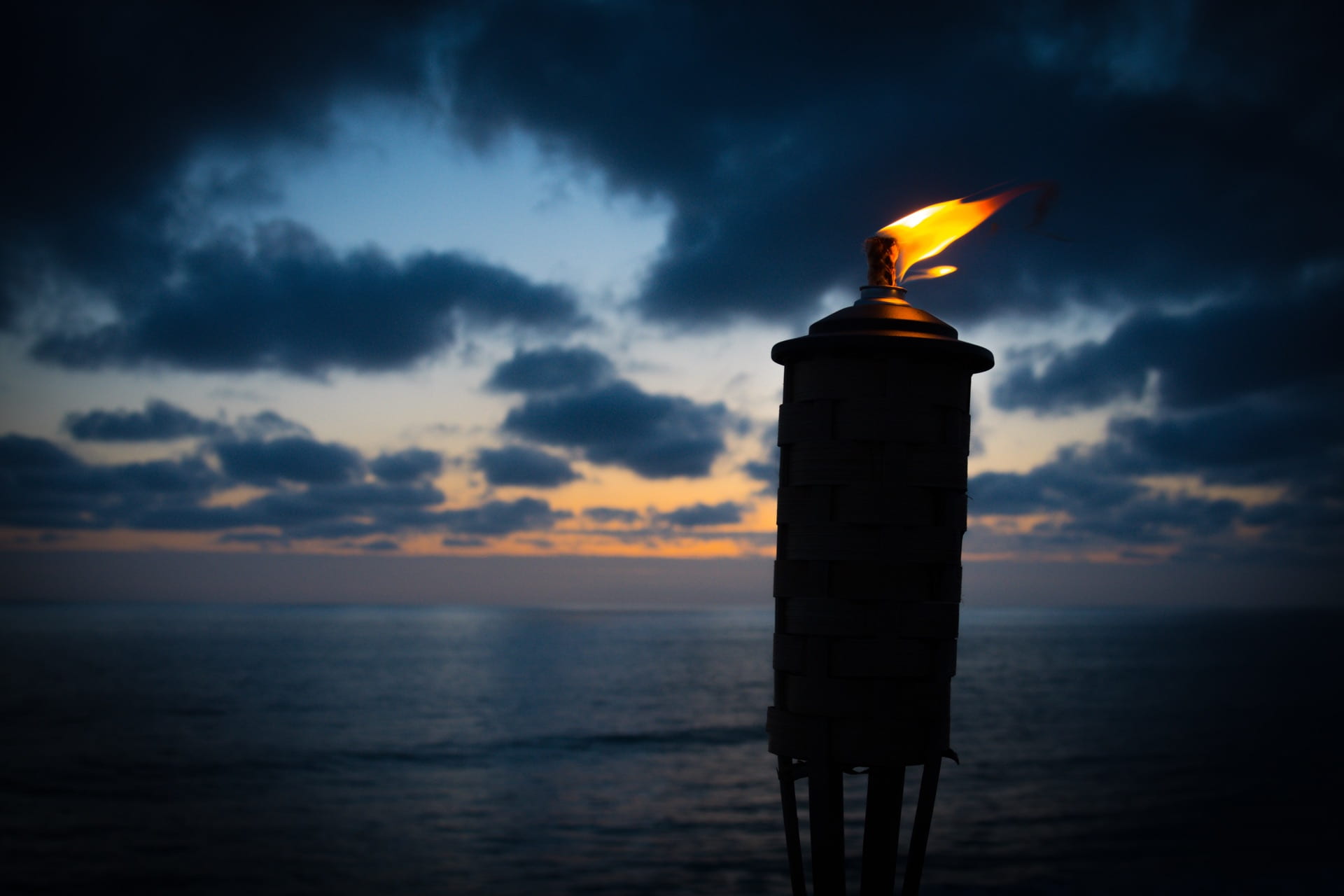
In a remarkable scriptural teaching echoed throughout multiple faith traditions, we learn that for whoever takes a life it as if they killed the whole world, while for whoever saves a life it as if they saved the whole world (or all of humanity). [1] This is an incredible inspiration for those who engage in noble pursuits seeking to save human lives. [2] In line with our Vincentian mission, it is a powerful testament to the sacred dignity of the human person and a warning against the temptation to use violence.
Personally, I have been thinking about this teaching recently as a way to approach the incomprehensible loss associated with the taking of human life occurring through war and other forms of violence. No matter who this involves or where it takes place, with each human life lost it is as if all humanity has been lost. In a time saturated with information about loss of life near to us and around the world, lives become tallied by numbers. Yet, for anyone who has lost a single person they love, the magnitude of loss is immeasurable. In this case, one understands that a whole world has been lost, a world of value and a world yet to be fully explored. When we focus on a single loss that is dear to us, it often becomes too overwhelming to function. Multiplying that by every life taken and the suffering of the world seems too much to bear.
In the Qur’an we find the promise that “God does not burden any soul with more than it can bear.” [3] Many readers do find reassurance in this, that whatever they are struggling with, or whatever losses they are dealing with, they can make it through. Many others, though, find it hard to understand since so many people are burdened with what is quite clearly impossible to bear—the death of a child, chronic illness, crushing poverty, pervasive violence. One lesson of the verse is that God will not hold us to account for being placed in impossible situations. Another implication is that when facing impossibly difficult situations or unimaginably deep grief, we should realize we are not meant to try to bear these things alone.
Our Vincentian role models Saints Vincent and Louise encountered many of the overwhelming problems of their world: ignorance, poverty, sickness, loneliness, inequality. They realized that divine connection, community, and an organized and sustained effort was needed in response. They created communities organized around the mission of responding systemically to such needs, and to nurturing spirits in the process.
Most of us recognize that grief and the attempt to respond to grief, whether in ourselves or others, can take many forms. Sometimes people find community with which to share burdens and loss. Some seek help in prayer, some find healing through the arts. Some turn to political activism and find meaning through making change. Some find expressing their righteous anger at the perpetrators of injustice to be the best response. And some organize with others to provide humanitarian relief to those in desperate need.
All these responses help people to make meaning of what they’ve endured or witnessed, to strive to make a better world, or to just make it through the day. We may have a particular response that makes the most sense to us, or we may cycle through many of the above responses. Sometimes we may find the responses of others confusing, counterproductive, or even offensive. My invitation to us all is to start with reminding ourselves of the magnitude of the burdens people carry. In a large and diverse community such as DePaul University these burdens are countless. Some may be apparent and known to others, but more are hidden under the surface, or perhaps not even fully understood by people about themselves. Jesuit priest Father Greg Boyle talks about how everything changes when we make the choice to “stand in awe at what [people] have to carry rather than stand in judgement at how they carry it.” [4]
As we move forward in a city and a world wracked with immeasurable loss and a great deal of fear, let us not let the enormity of the world’s grief overwhelm us to the point of despair. Let us instead allow it to open us up to community and to awe at what many of those around us are carrying. For every evil we witness or loss that we suffer, there are many opportunities to do good, to spread beauty, to facilitate healing. Let us use our creativity, our intelligence, and our tenderness to shape productive and life-giving pathways for people to respond to the suffering of themselves and others.
For Reflection
What grief or anxiety are you most experiencing in these days? What are ways in which you respond to that suffering? What are some ways in which you might accompany others who are suffering?
Reflection by: Abdul-Malik Ryan, Assistant Director, Religious Diversity and Pastoral Care.
[1] From the Talmud (Sanhedrin 37A). Also cited in the Qur’an (5:32).
[2] It is memorably quoted in Steven Spielberg’s film Schindler’s List (1993).
[3] Qur’an 2:286.
[4] Gregory Boyle, Tattoos on the Heart: The Power of Boundless Compassion (New York, NY: Free Press, 2010), 67.




